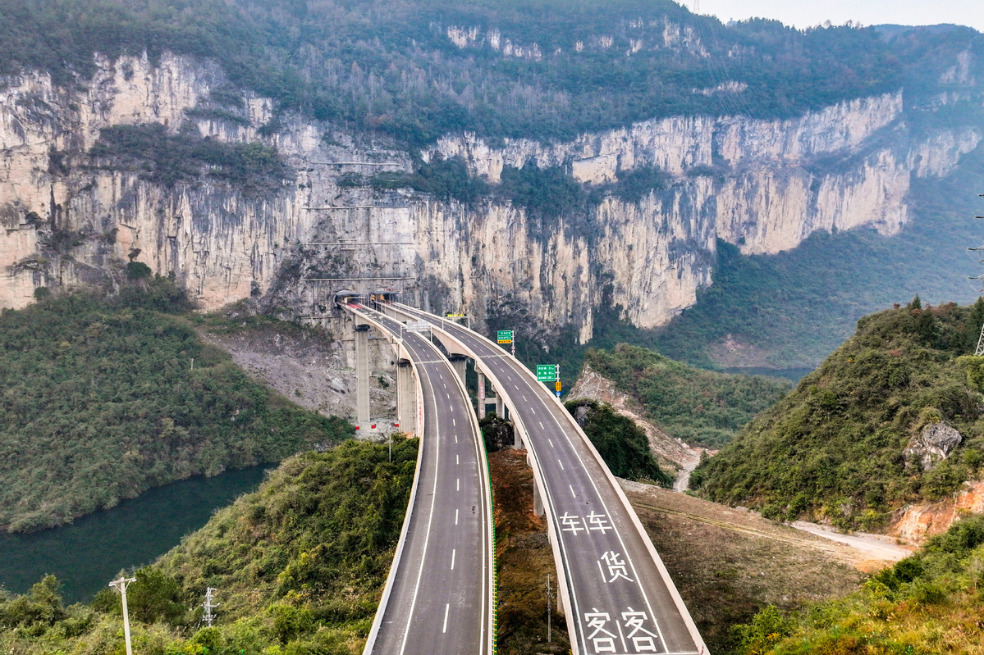Hong Kong residents feel safer with national security law implemented


HONG KONG -- "Since the passage of the national security law, I have felt a huge sense of relief," Dan Albertson, a US freelancer and translator, said.
More than a year ago, Albertson left Chicago to start a new life in Hong Kong but only found himself caught in violent protests and destructive activities.
Parts of his neighborhood used to be ransacked almost every weekend, he said. "The past year in Hong Kong saw so much hatred and violence, and nobody wins in such a situation."
Having witnessed the damages of escalating violence and lawlessness to Hong Kong, Albertson said he feels "much more secure knowing that random attacks and chaos are now unlikely."
The Law of the People's Republic of China on Safeguarding National Security in the Hong Kong Special Administrative Region (HKSAR) was adopted by China's top legislature and promulgated in the HKSAR on June 30. It has received widespread support from both local residents and foreign expatriates.
"After the law was promulgated, people generally feel safer as their personal and property safety can be well protected," Shi Zhu, chairman of the China Culture Foundation, said.
During the prolonged social disturbances last year, innocent residents being lynched and metro stations, banks and stores being trashed were a common occurrence. A man was set on fire by rioters for criticizing their vandalism, and a senior street cleaner died after being hit on his head with a brick thrown by a mob.
Ting Ching-Hoi, a young Hong Kong resident in his 20s, said before the national security law was initiated, he had to pay high attention to news about violent protests and illegal assemblies before going out, lest he could not come back home as rioters paralyzed the traffic.
While some media briskly hyped up that Hong Kong people's human rights and freedom would be damaged by the law, Ilan, a diamond dealer from Israel, said he is not worried at all.
"If you're not acting to cause harm to China and specifically Hong Kong, (such as) causing damage to public property, intimidating or attacking people or receiving instructions from foreign agents, why would you worry?" he asked.
Ilan has been in Hong Kong for 18 years and has two children.
"I feel Hong Kong is on the right path to stability and I feel safer," he said, adding that most foreigners he spoke to in Hong Kong share the same sentiment that the law is a necessary step to restore stability and security.
The national security law seeks to prevent, curb and punish crimes seriously endangering national security, namely secession, subversion, terrorist activities, and collusion with a foreign country or external elements to endanger national security.
The HKSAR government has reiterated that the legitimate rights and interests and freedom of law-abiding Hong Kong residents will not be affected.
However, Albertson said he had almost read nothing positive about the law in British and US media.
Considering that the United States and Britain both have national security laws of their own, such criticism can only be seen in the context of either an ideological campaign against anything Chinese, a lack of respect for China's national sovereignty, or a tacit acknowledgment that one or both countries had aided the riots directly or indirectly, he said.
"Neither country seriously cares about Hong Kong or its people, (Hong Kong and its people are) mere pawns in their game," Albertson added.
By bringing back peace and stability, the national security law will offer Hong Kong the opportunity to channel more energy into other important areas, such as fighting the COVID-19 epidemic and improving people's livelihood, and striving to maintain its success amid a challenging global environment, observers said.
"Hong Kong is a beautiful combination of new and old, natural and urban. It's rare to find a place that is as lively and diverse as Hong Kong," Albertson said. "I feel a strong attachment to it and cherish it every day I'm here. I would be glad to continue living in Hong Kong."
- Harbin's ice and snow sculpture competitions begin
- New sections of 2nd Chongqing-Hunan expressway open to public traffic
- Spectacular aurora in NE China's Heilongjiang
- Train themed on ice and snow tourism starts operation in China's Heilongjiang
- Efforts urged for ensuring prospects for peaceful reunification
- Shanghai Maritime University strengthens cooperation with maritime university in Poland




































